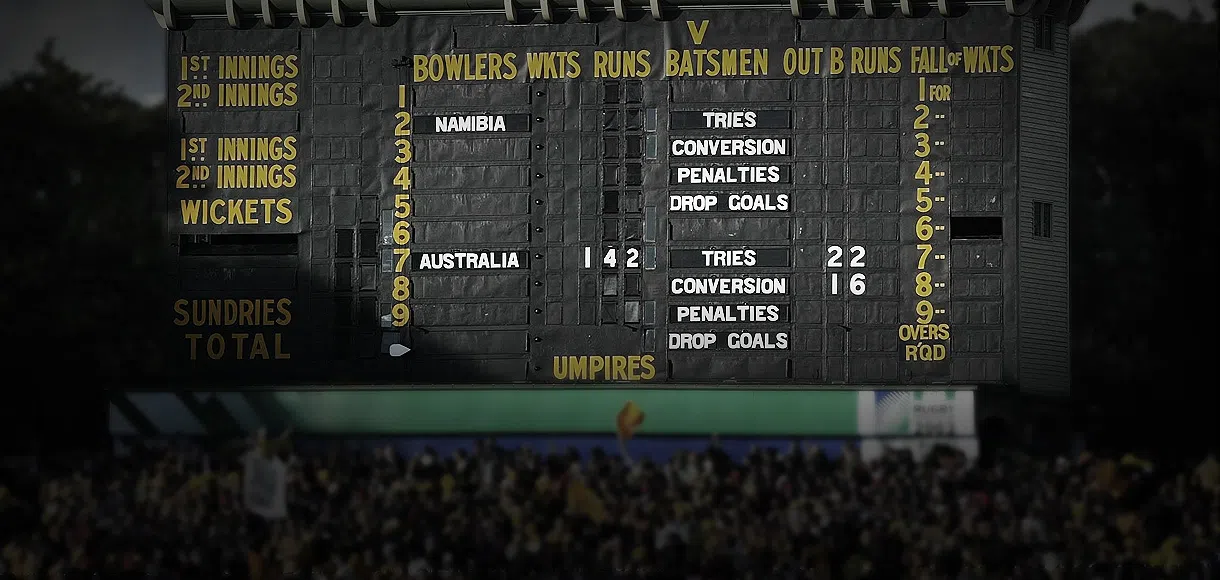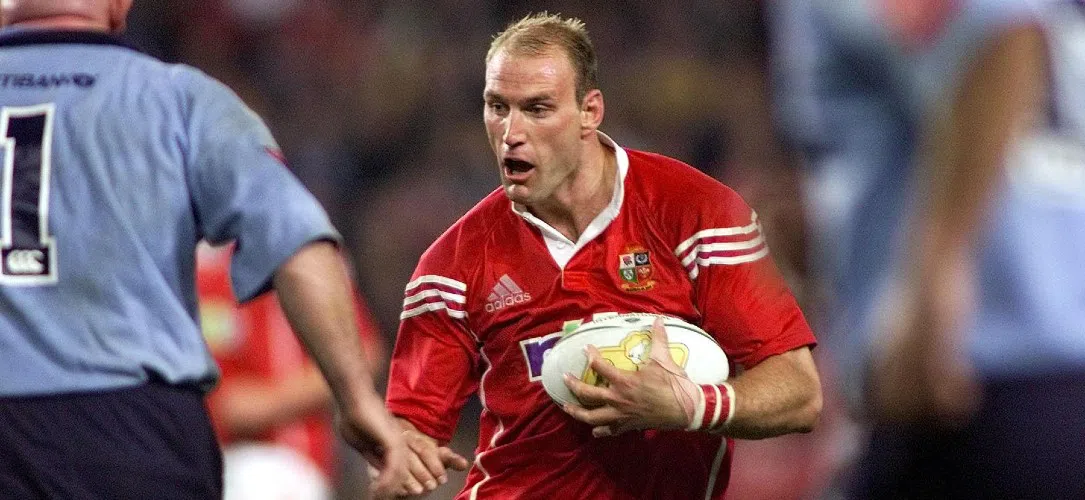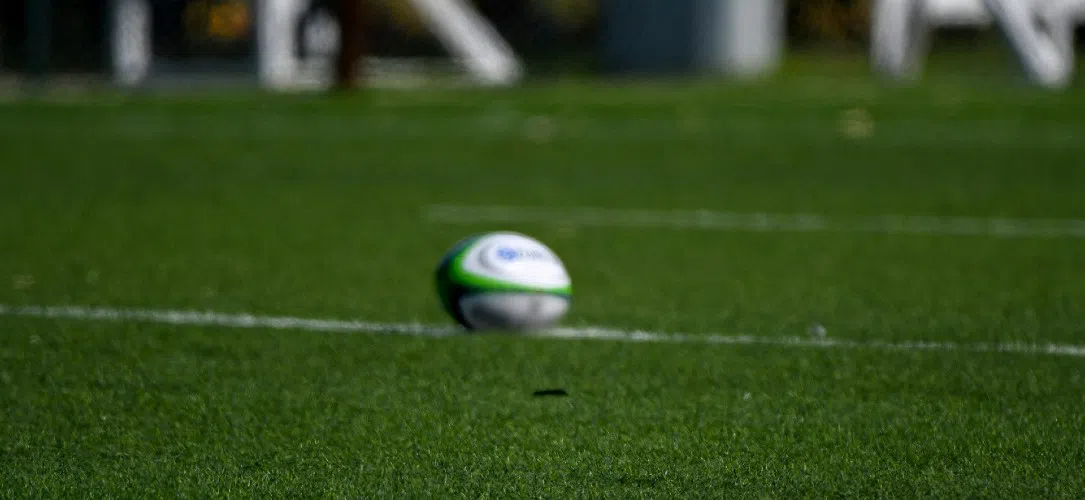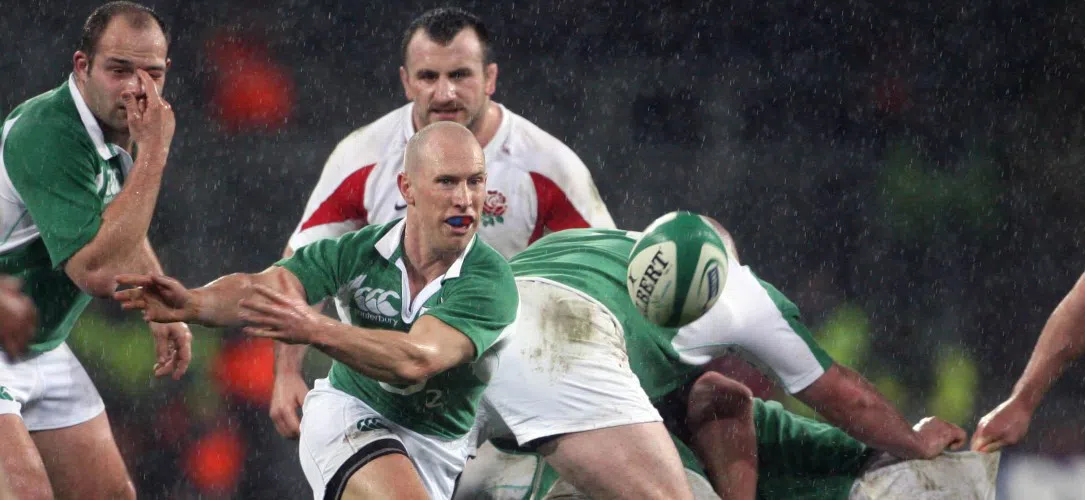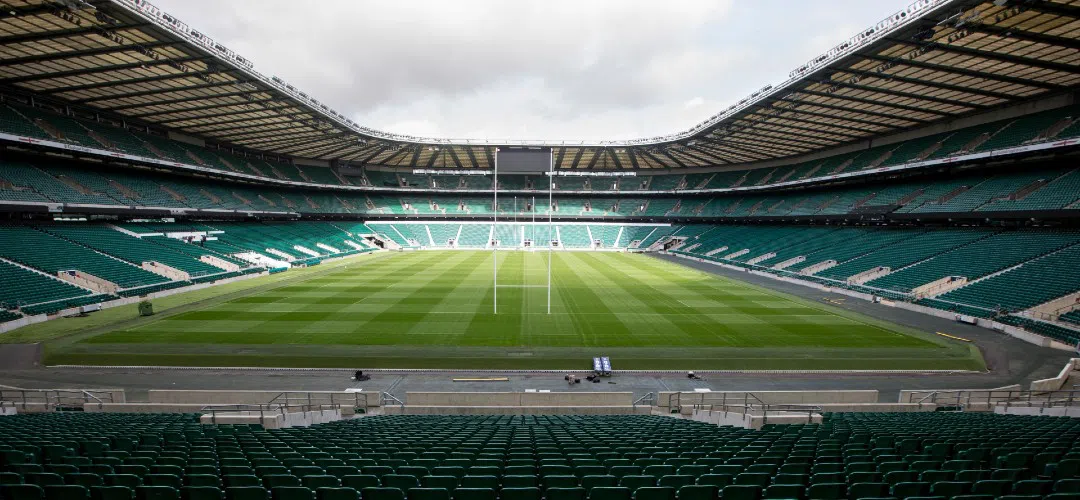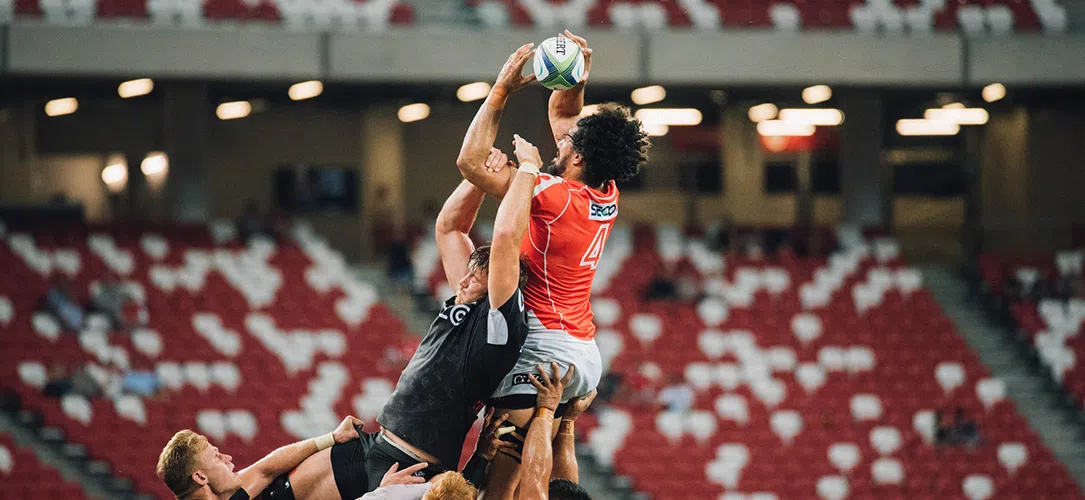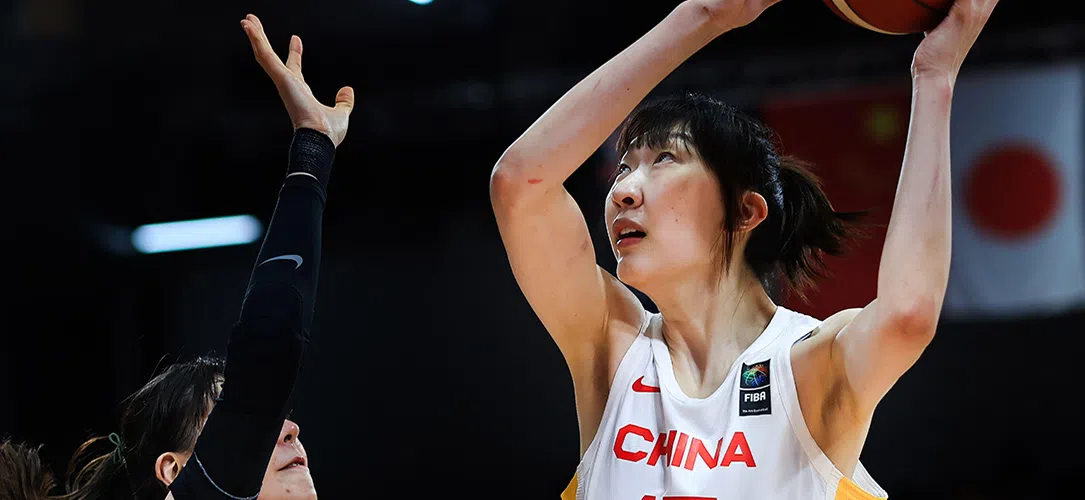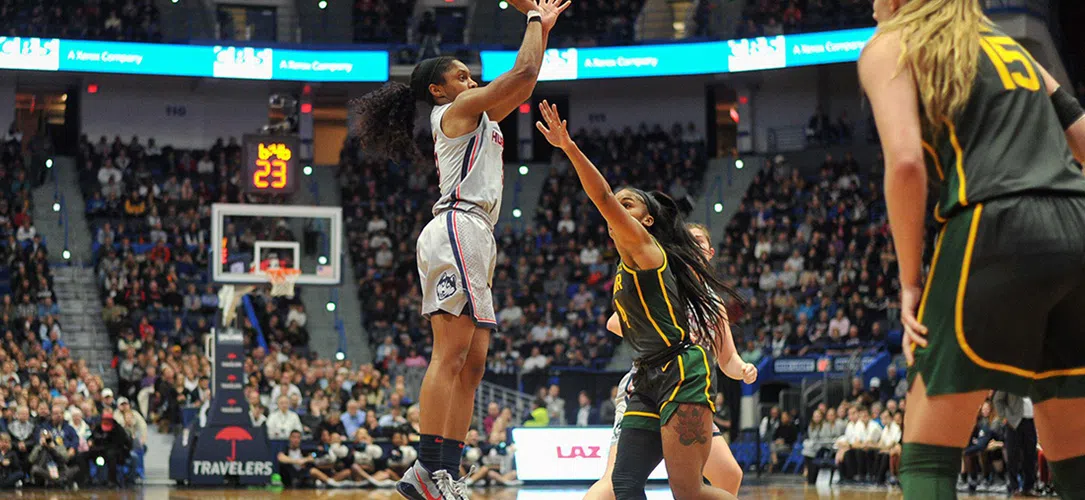Prior to the tournament's biggest mismatch, we analyse if the gap between the best and rest is getting smaller - and the answers may surprise you...
Favourites New Zealand take on lowest-ranked Namibia on Thursday in what is officially the biggest mismatch of the 2015 Rugby World Cup.
And while there can be no doubts about who will come out on top in that match, confusion remains about a more overarching issue.
Is the Rugby World Cup competitive enough?
Of course, there are many different ways to answer it.
Despite complaints of Southern Hemisphere dominance – with New Zealand, Australia and South Africa all boasting two titles apiece – England’s victory in 2003 means that four different teams have emerged victorious from seven tournaments since the first competition in 1987.
That record is not bad when compared to the eight countries who have shared the 20 football World Cups since 1930, particularly when you consider that three of those – Uruguay, England and Argentina – all enjoyed their respective heydays before rugby’s equivalent event had even got underway.
Yet such an argument is perhaps missing the point, given that few major international sporting events fail to keep you on the edge of your seat once the silverware is up for grabs.
The true measure of how competitive a tournament really is comes in the early stages, when the minnows mix it with the big boys and try their best to make a game of it.
This is where the Rugby World Cup can often find itself open to criticism, with teams regularly either clocking up over 100 points or reducing the opposition to nil – or both, as was the case on one occasion in 2003.
The question is, as the tournament continues to grow and expand as both a sporting and commercial entity – is the gap between the best and rest getting bigger or smaller?
To find out, we crunched some numbers by looking at the five most crushing defeats from every Rugby World Cup to date – and here is what they showed: Although not a perfect measuring stick, the data shown above almost perfectly reflects the changing face of the tournament over the years – and can perhaps even help us to predict in which direction it will head in the future.
Although not a perfect measuring stick, the data shown above almost perfectly reflects the changing face of the tournament over the years – and can perhaps even help us to predict in which direction it will head in the future.
For example, the inaugural 1987 Rugby World Cup was an invitational tournament which controversially omitted Western Samoa from their guest list before a series of qualifying competitions were introduced to ensure that only the most deserving nations took part in 1991.
The resulting rise in quality at the second tournament can therefore explain the drop in tries scored, points recorded and winning margins enjoyed by the bigger nations over the smaller teams compared to four years earlier.
This downwards trend was then dramatically reversed by the time the 1995 tournament arrived – although once again this can easily be explained by fact that it coincided with a defining period for the game.
The IRB may have only officially declared rugby to be a professional sport in August 1995 – two months after that year’s World Cup had already concluded – but the reality is that the wheels of change were already in motion well before the tournament had even begun.
At the forefront of this revolution were South Africa, as England were shocked to discover on their first tour to the country after the end of Apartheid in the summer of 1994 – and who should go on to win the 1995 World Cup but the Springboks?
With professionalism now firmly in place, the best players from the best countries could take maximum advantage of the full-time coaching and conditioning that came with it.
READ: The remarkable evolution of the modern day rugby player
As a result, the difference in standard between the haves and have-nots predictably increased through the 1999 tournament before peaking in 2003.
This widening of the gap also happened to coincide with the expansion of the World Cup to include 20 teams rather than 16 – with three nations in Namibia, Uruguay and Georgia making their debuts on the unforgiving big stage during the course of those two tournaments.
However, since 2003 that disparity between teams in the most uneven contests can clearly be seen to have decreased year on year.
Indeed, at the last World Cup in 2011 the big guns were recording four fewer tries, scoring nearly 25 per cent fewer points and winning by a margin that was 23 points smaller compared to the equivalent games in 2003.
With the considerable gains made in sports science and video analysis during the modern era the more established sides are certainly not getting any worse – which can only mean that the smaller ones are getting better.
Just look at Japan – on the receiving end of six of the 35 biggest World Cup defeats that made it into our study, the most recent of which came just four years ago – who provided the greatest shock in World Cup history by defeating South Africa on the opening weekend.
This is a theory that can certainly be backed up when assessing the improvements in performance made by both Namibia and Georgia – the two most recent additions to the Rugby World Cup who have qualified for every tournament since their introductions in 1999 and 2003 respectively. In just four years between 2003 and 2007, Namibia’s greater experience on the global stage enabled them to bring down their average points conceded by 32 per cent and their average losing margin by 36 per cent – despite being the lowest-ranked team in the competition.
In just four years between 2003 and 2007, Namibia’s greater experience on the global stage enabled them to bring down their average points conceded by 32 per cent and their average losing margin by 36 per cent – despite being the lowest-ranked team in the competition.
True, these numbers did increase slightly in 2011 but this anomaly is no mystery.
Not only did Namibia have to share a group with reigning world champions South Africa that year, but they were also forced to play all four of their pool games within the space of just 16 days, meaning that their performances inevitably dropped off as injuries and fatigue took their toll.
Georgia, meanwhile, have made even more remarkable strides since joining the World Cup party in 2003, seeing a 55 per cent drop in their average points conceded and a staggering 73 per cent decrease in their average losing margin.
With a surprise victory over Tonga already under their belt and easier games to come, the Georgians are on track for their most successful World Cup ever this time around.
Of course, rugby’s superpowers are still capable of dishing out the occasional pasting – but the fact that the five heaviest defeats at the last three World Cups have all been suffered by different teams just goes to show that the traditional whipping boys are constantly closing the gap to their closest competitors.
Admittedly, the merits of a team losing by 55 points rather than 70 remains open to dispute, with many suggesting that the lesser teams would be better served by cutting their teeth in a subsidiary tournament before making the step up.
However, it would appear that World Rugby’s increased investment in the development of the sport around the globe and the increasing numbers of players being recruited from every continent to play in the major leagues around the world is beginning to pay dividends.
The chasm between the best and the rest is clearly closing, and that can only be a good thing for the future of the Rugby World Cup.

